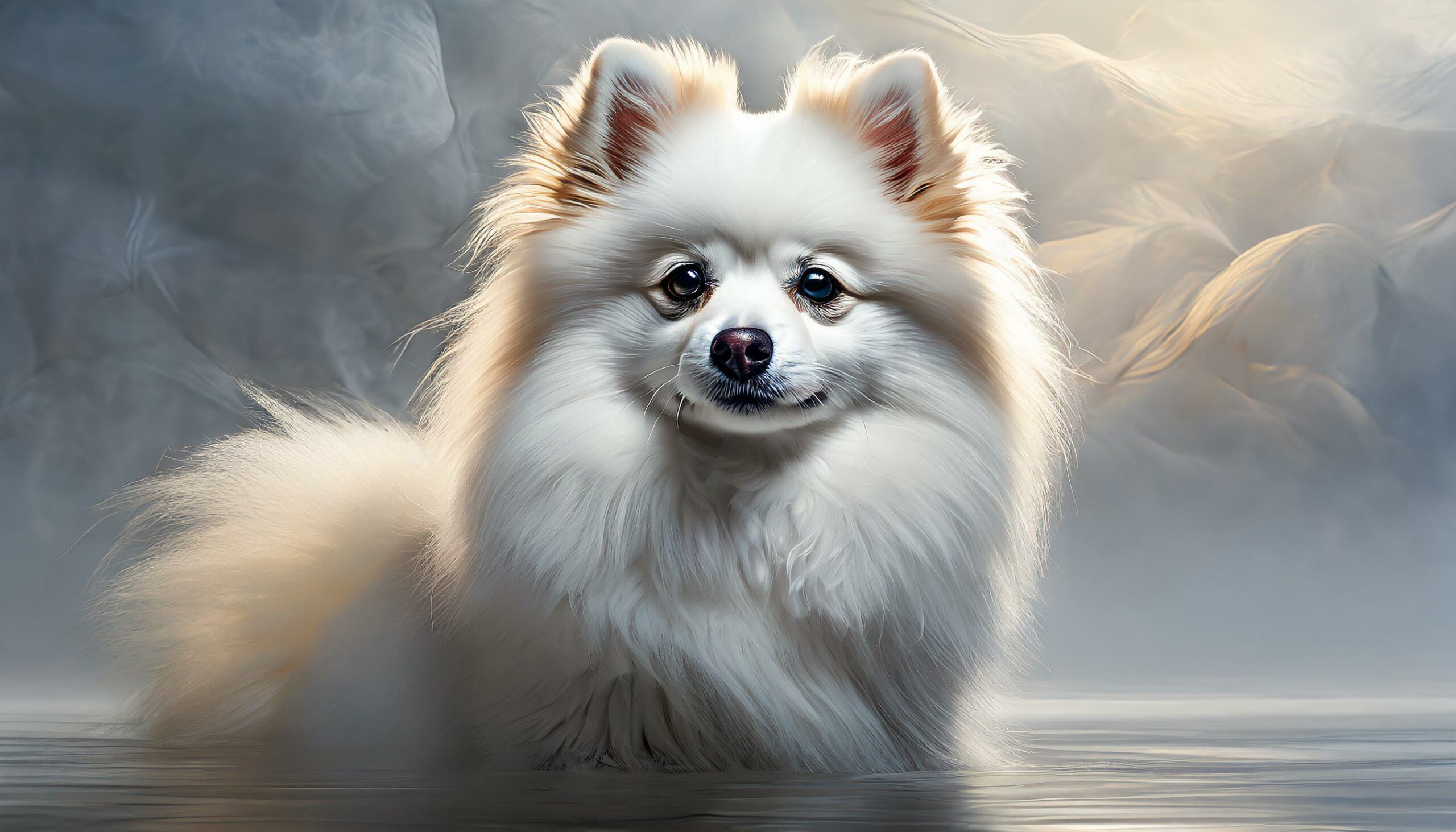The Japanese Spitz, with its striking white coat, lively personality, and affectionate nature, has captured the hearts of dog lovers around the globe. Originating in Japan in the early 20th century, this breed is admired for its resemblance to a small snow fox, marked by its bright, alert expression and plush fur. Despite its relatively recent emergence compared to other breeds, the Japanese Spitz has quickly established itself as a favored companion in homes worldwide, blending seamlessly into various family dynamics with its adaptable and cheerful demeanor.
Origins and History
The Japanese Spitz was developed in Japan during the 1920s and 1930s through the careful breeding of several Spitz-type dogs, notably the white German Spitz brought over from China and other parts of the world. The breeders aimed to create a dog that was hardy, healthy, and suited to Japanese urban living conditions. By the mid-20th century, the Japanese Spitz had achieved significant popularity within Japan, and its appeal soon spread to other countries. While it shares similarities with other Spitz breeds, such as the American Eskimo Dog and the Samoyed, the Japanese Spitz is distinct in its combination of traits and has been recognized by various international canine organizations.
Physical Characteristics
The Japanese Spitz is a small to medium-sized dog, typically weighing between 11 to 20 pounds and standing about 12 to 15 inches tall at the shoulder. Its most defining feature is its pure white, double-layered coat that is both straight and stand-off, giving it a distinctive fluffy appearance. The breed’s wedge-shaped head, pointed ears, and dark eyes give it an intelligent and alert expression. Despite its luxurious coat, the Japanese Spitz is surprisingly easy to care for, with its fur possessing a texture that repels dirt and stains.
Temperament and Personality
The Japanese Spitz is known for its friendly and spirited nature. These dogs are highly sociable, enjoying the company of both humans and other animals. They are particularly good with children, often displaying patience and playfulness. The breed is also known for its intelligence and eagerness to please, making it highly trainable for obedience and agility activities. Japanese Spitz dogs are alert and vocal, making them excellent watchdogs, although they are generally welcoming to strangers once their family accepts them.
Health and Care
The Japanese Spitz is a generally healthy breed with a lifespan of 12 to 14 years. They are prone to few genetic health issues, though care should be taken to maintain their dental health and prevent common ailments such as patellar luxation. Their thick coat requires regular brushing to prevent matting and to keep it looking its best, but they do not require frequent bathing. Despite their energetic appearance, the Japanese Spitz’s exercise needs are moderate, thriving on daily walks and play sessions.
Ideal Home Environment
The adaptable nature of the Japanese Spitz makes it well-suited for a variety of living situations, from apartments to homes with large yards. They thrive on human interaction and are happiest when involved in family activities. The breed’s friendly and outgoing personality makes it an excellent choice for first-time dog owners and experienced dog lovers alike. Early socialization and training are recommended to harness their intelligence and sociable nature positively.
Conclusion
The Japanese Spitz offers a delightful combination of beauty, brains, and companionship. This breed stands out for its stunning white coat, friendly demeanor, and adaptability to various lifestyles, making it an ideal pet for families, singles, and seniors. For those seeking a loyal, cheerful, and relatively low-maintenance dog, the Japanese Spitz is a breed that promises to bring joy and affection into any home.
